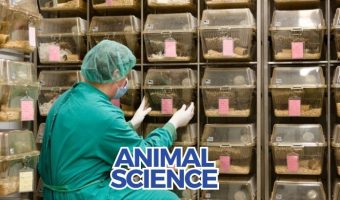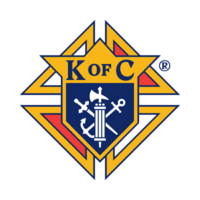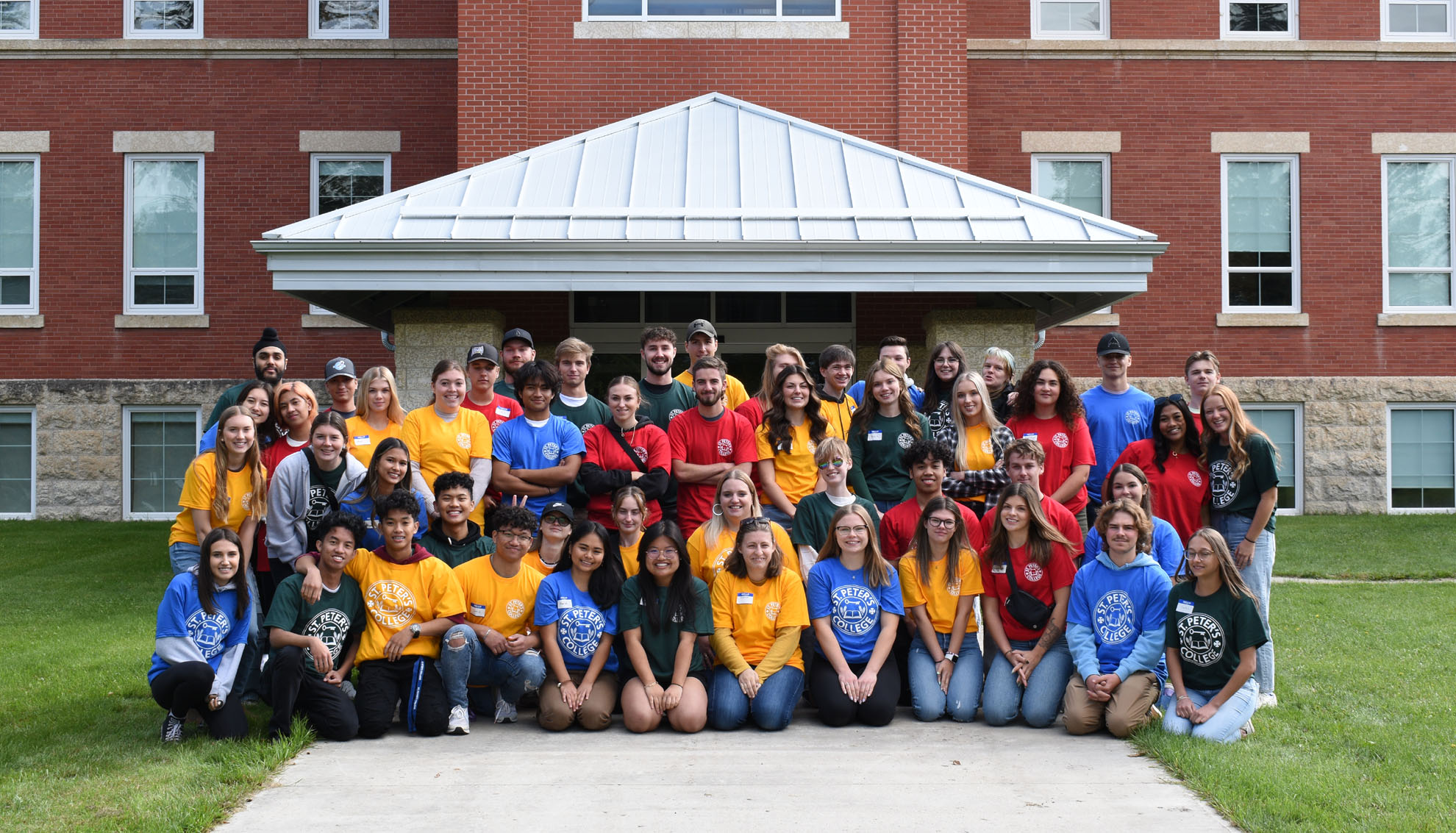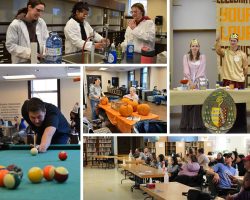About This Program
Animal scientists study the feeding, breeding and management of domestic animals, particularly those of agricultural significance. This field of science encompasses subjects ranging from herd genetics and high-performance diets to animal vaccines and environmentally sound animal management, with a focus on transferring this knowledge into practice.
Upon completion of the first year, many St. Peter’s College students move to the U of S main campus to continue their studies. In some instances, students can complete the second year of studies with St. Peter’s College. St. Peter’s students must meet the same promotion standards as U of S students in order to move into the second year of study. Please contact Student Services for more information on promotion standards. Further information on this program can be found directly on the University of Saskatchewan’s website.
What you will Learn
You will examine innovative solutions that meet the challenges posed by a growing world population with changing patterns of diet, a finite amount of farmland and changing climatic conditions. You will also study biotechnology, genetics, computer modelling, nutrition, animal behaviour and welfare, sustainable production systems and management, pasture management, and forage production.
First Year Classes
| Term 1 | Term 2 |
|---|---|
|
|
*STUDENTS LOOKING TO APPLY TO VETERINARY MEDICINE ARE RECOMMENDED TO ENROL IN PHYS 115.
Tuition Estimates
| Canadian | International | |
| Tuition | $7,154 | $27,142 |
| Fees | $300 | $300 |
| Books | $1,000 – $1,500 | $1,000 – $1,500 |
| Total | $8,454 – $8,954 | $28,442 – $28,942 |
Tuition will vary depending on the type and number of classes you take in a year. This estimate reflects a typical amount you could expect to pay in your first year if you enroll in a full course load, the maximum number of courses allowed.
Fees are used to fund specific student benefits.
The cost of books and supplies varies widely depending on the courses you choose. It is recommended that you budget between $1,000-$2,000 per year.
*BASED ON THE RATES DISPLAYED ON OUR TUITION PAGE
Careers
The rapid expansion of the livestock and animal health industry in Saskatchewan and elsewhere means an increasing need for scientists and professionals who can guide this industry’s development.
Opportunities for Animal Science graduates are wide-ranging.
- government positions in policy development or research
- nutrition experts and feed formulators for feed manufacturers
- feed sales
- positions with animal breeding companies
- pharmaceutical or nutraceutical sales
- animal care and animal facility inspection
- positions with feedlots
- positions in the agricultural biotechnology sector
- research technicians
- financial lenders
- hog barns
Admission Requirements and Deadlines
Deadlines
St. Peter’s College Deadline:
Students already accepted into their program at the University of Saskatchewan may begin classes at St. Peter’s College anytime before the deadline for registration changes (mid-September and mid-January)
University of Saskatchewan Deadline:
The full list of deadlines for each college at the University of Saskatchewan can be found at the programs specific requirements and deadlines page on their website.
Required High School Classes
-
- Biology 30
- Chemistry 30
- Foundations of Mathematics 30 or Pre-Calculus 30
Students can be admitted into this college with one subject deficiency that must be cleared before the second year of study.
The high school classes that are required for admission purposes are not always the same as classes you will need to complete the degree program you choose. For example, if you want to minor in chemistry, you will need high school chemistry to take your first-year university classes.
Required Grade Average
Applications are considered up until the deadline. Admission is offered on an ongoing basis until all seats are filled. Applicants who do not meet the admission average but otherwise qualify for admission may be placed on a waitlist.
At the discretion of the college, applicants who had been placed on a waitlist may be offered admission based on their place in the waitlist (determined by admission average).
Minimum admission average: 70%
Learn how we calculate your admission average. If you do not meet the minimum admission average, you may be considered for the Transition Program or for special (mature) admission.
English Proficiency
If your first language in not English, you may have to prove proficiency in English before admission. It is expected that applicants interested in this program are fluent in English.
Ready to apply?
Students must apply and be accepted to the University of Saskatchewan and St. Peter's College. The University of Saskatchewan requires a non-refundable application fee of $90 CDN before your application will be processed. St. Peter's College will process your application at no charge.
Search
Related Programs

